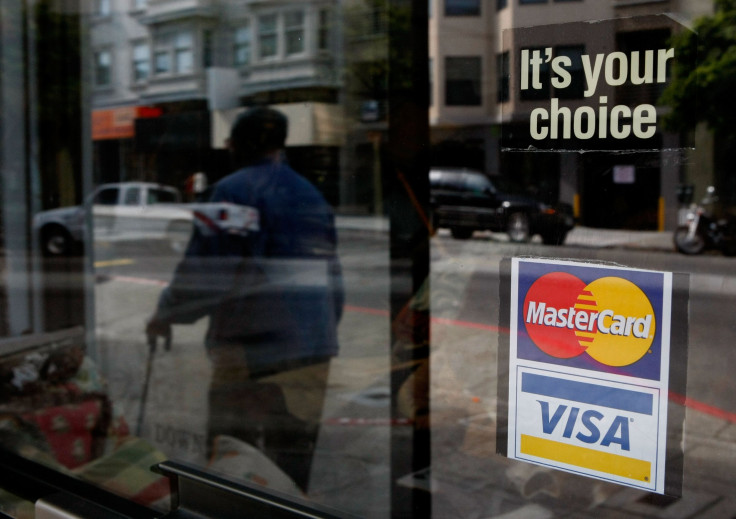MasterCard Inc. (MA) Faces $24B Class Action Lawsuit In UK Over Excessive Transaction Fees

MasterCard Inc. is facing a 19 billion pound ($24.5 billion) class action lawsuit in the U.K. for imposing high processing fees on cross-border card transactions. The lawsuit would be one of the first brought under the recently introduced Consumer Rights Act, which makes it easier for groups of consumers in the U.K. to seek collective compensation on behalf of all individuals affected in the case.
The landmark lawsuit, which is expected to be filed in the coming days, is being led by the country’s former Chief Financial Services Ombudsman Walter Merricks. The claim relates to what is known as interchange fees — charged by the cardholder’s bank to the retailer’s bank each time a card purchase is made. The fees are set by credit card companies and vary significantly across countries.
In 2014, the European Court of Justice — in a binding decision that cannot be appealed — ruled that MasterCard had violated European Union laws by imposing high interchange fees on cross-border card transactions, rejecting the company’s argument that imposing a cap on the charges it levied on retailers would shift the burden to the consumers.
Consumer rights campaigners allege that not only did retailers pass down the charges on to the consumers in the form of higher prices for goods and services over a period of 16 years, the shoppers were also kept in dark about the extra charges they were being forced to pay.
“The prices of everything we all bought from 1992 to 2008 were higher than they should have been as a result of the unlawful conduct of MasterCard. To be clear, there is no question that MasterCard acted illegally in the way it conducted its business, a business that affects all of us. All of us overpaid to the tune of up to 19 billion pounds during a period lasting 16 years,” Merricks said. “Although most of us did not know this, experts who study the retail economy knew it was happening — and so did MasterCard.”
The world’s second-largest credit and debit card company, however, said that it “firmly disagrees” with the basis of the legal claim.
“Electronic payments deliver real value to people online, instore and everywhere,” MasterCard, which processes transactions in over 150 currencies, reportedly said in a statement. “MasterCard is committed to providing ever more convenient, safe and secure payments to all our customers, including consumers, retailers, governments and banks.”
© Copyright IBTimes 2025. All rights reserved.






















